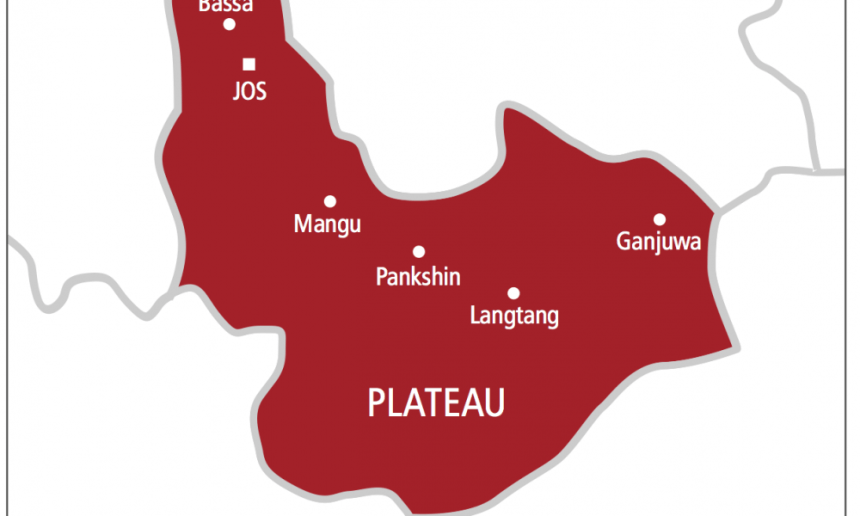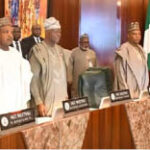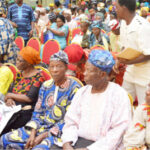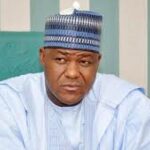Nigeria governors have been urged to prioritize and democratize fiscal decisions-making by involving citizens, local governments and stakeholders in the decisions around budgeting and resource allocation.
The executive chairman of Fiscal Responsibility Commission (FRC), Victor Muruako, represented by his special adviser, Paul Christ, made the call on Monday, during a two-day North Central Zone summit of Fiscal Responsibility Institutions, held in Jos.
The summit with a theme “Integrating the Citizen into Fiscal Decision-Making in States and Local Governments: Insights from the Fiscal Responsibility Act,” aims to underscores the importance of strengthening fiscal responsibility and promoting citizen participation in public finance management at the subnational level.
According to the executive chairman, compliance by the fiscal decision making is significant for sustainable development and economic prosperity of the country.
- UniAbuja, UNILAG, FUTA, other varsities’ renaming that generated controversy
- Police confirm 6 more deaths in Benue boat mishap
He said, “Involving citizens in shaping fiscal policies and holding public officials accountable are natural results of democracy and democratic governance which Nigeria practices. Power, we all agree, belongs to the people and is held in trust for the people.
“Democracy has been defined or described as the government of the people by the people and for the people. Beyond the involvement of the people in their electoral processes, democratic governance demands that the decisions concerning management of public finance be ‘of the people, by the people and for the people.
“The integration of citizens into fiscal decision-making is not merely a procedural requirement but a fundamental principle of democratic governance. By empowering citizens to participate in the budgeting process and holding public officials accountable, we can foster a culture of transparency, accountability, and trust.
“It is imperative that all fiscal actors, from the federal to the local government level, prioritize citizen involvement. By involving citizens in decision-making, we can ensure that public resources are allocated efficiently and effectively to address the needs and aspirations of the people. We encourage all participants to embrace this principle and work towards creating a more inclusive and participatory governance system. By working together, we can build a stronger, more resilient, and more equitable Nigeria.”
Dala Kwanakei, the Plateau State Coordinator of Rule of Law and Anti-corruption, emphasized the importance of citizens’ participation in fiscal responsibility.
He stressed that the participation should not just be theoretical, but rather a practical reality, adding that for the Fiscal Responsibility Act (FRA) to achieve its objectives, governments at all levels must be genuine and comply with the act.
“It is not just about organizing workshops, but about putting words into action. For transparency, public information should be readily available in public spaces,” Kwanakei added.

 Join Daily Trust WhatsApp Community For Quick Access To News and Happenings Around You.
Join Daily Trust WhatsApp Community For Quick Access To News and Happenings Around You.


